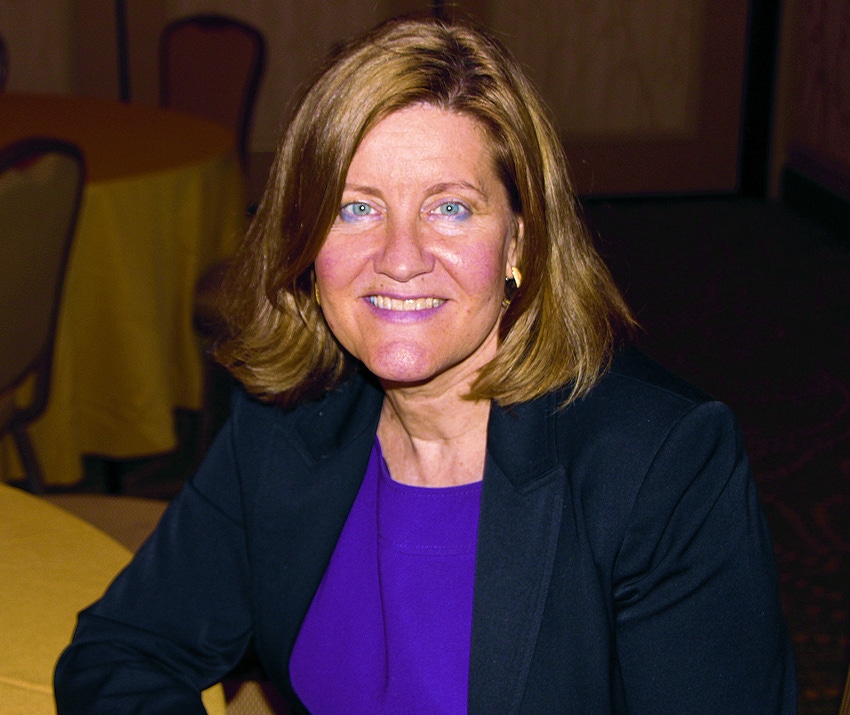November 23, 2015

Margaret Zeigler is a recognized expert on global hunger and food security issues, serving as deputy director at the Congressional Hunger Center for 18 years. Currently, she works as executive director for the Global Harvest Initiative, a private-sector voice for agricultural productivity growth.
Zeigler recently spoke at the 2015 ASABE Annual Inter-national Meeting, where the title of her keynote speech was “Building New Breadbaskets: The Challenge and Promise of 2050.” Farm Industry News met with Zeigler for this interview.
What was the overall message of your talk?
What we try to do at GHI is to help consumers and society understand that ag productivity is something that is necessary to help feed the world.
The U.S., with only about 2% of its population, provides enough food, feed, fiber and fuel to provide for much our needs here at home and even export a lot of our agricultural production to other countries that need it. We need farmers, agricultural and biosystems engineers, scientists, investors and all parts of our economy to accept and build upon the great work that has been done to improve productivity in the U.S. over the last 100 years.
What are some societal implications of agricultural productivity?
Productivity helps keep prices low for consumers and also helps us grow more using less. We use less land, and we are able to put some of that land in conservation now because we are farming more productively. We also are able to use less inputs per unit of output.
What that means is we use fertilizer more precisely than we used to. We are making better use of machinery now than we used to. Those things result in less energy use and also healthier soils because we are using less of those inputs but are doing so smartly to grow more per acre.
What are some of the challenges?
We are approaching a world where we are going to have
9.6 billion people in the next 20 or 30 years. A lot of those folks are going to have more money to spend on things like higher-value food, more clothing and more travel. So the world really needs the food, feed, fuel and fiber that the farmer produces, and that demand is going to go up. So the issue is how can we produce those things more sustainably for the environment and how do we do that in the face of challenging weather and how can we do it where we also improve nutrition.
How does technology and the work of agricultural engineering play a role in meeting that challenge?
Engineers are analyzing, designing and implementing technologies and systems that help produce agricultural commodities more efficiently and sustainably. They also help document and measure improvements in ag that conserve natural resources. Finally, they are playing a role in advancing the new bioeconomy that is coming. They are on the front line of making sure these technologies work and work for the benefit of people.
What is your take-home message for everyone in the ag value chain?
We want to encourage American farmers and all parts of the agriculture system to continue focusing on productivity and, at the same time, conserving the natural resource base to continue the dramatic growth that helps keep prices low for consumers and also helps feed the world. We advocate for investing in ag R&D and adopting new technologies, whether they are bio-based technologies, whether they be microbials and enzymes, biotechnology in crops like GMOs, or improved genetics in livestock. These all are technologies that help us produce more with less and with greater precision, both key elements in ensuring a secure and sustainable food supply.
Global Harvest Initiative’s Margaret Zeigler was the keynote speaker at the 2015 ASABE Annual International Meeting.
You May Also Like




